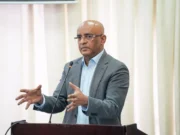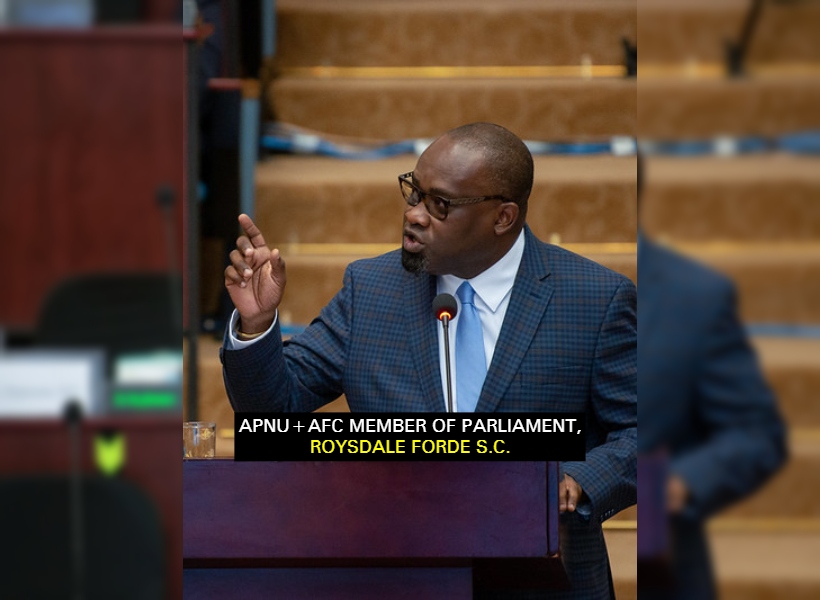The doctrine of separation of powers would render the impending Presidential Commission of Inquiry (CoI) into the March 2020 General and Regional Elections “unconstitutional”, says Opposition Parliamentarian and Shadow Minister of Legal Affairs, Senior Counsel Roysdale Forde.
According to the lawyer, the doctrine is a known feature of Westminster-type systems like Guyana’s and is predicated on the separation of government into three distinct branches – the Judiciary, the Legislative and the Executive – with each possessing its own prescribed functions to prevent overlapping while simultaneously preserving the checks and balance mechanism.
Forde posited that probing the legality of the March 2020 Election falls squarely on the shoulders of the Judiciary, and therefore, it is beyond the remit of the Executive to establish a Commission of Inquiry (CoI) into the process. He hastened to add that the review of the process is also a responsibility of the Guyana Elections Commission (GECOM) – the constitutionally-empowered electoral machinery.
“So, if there is anybody to engage in an investigation [or] interrogation in relation to what happened in the election [period], it would be, in the first instance, the courts by way of an election petition, and secondly, the exercise of the independent power that the CCJ says the [Guyana] Elections Commission possesses,” he said during a recently aired “Politics 101” show hosted by political commentator, Dr David Hinds.
While conceding that the Executive has the power to establish inquiries, he argued that there are limitations. He said that matters relative to the March 2020 elections are still before the courts. Forde was referencing the upcoming hearing of an election petition case and the charging of three ex-GECOM officials, including its former elections chief, Keith Lowenfield and his deputy, Roxanne Myers, who are before the courts accused of misconduct in public office.
“Yes, an Executive has the power to establish a Commission of Inquiry but their power to do is circumscribed by the exercise of what is happening in the other branches of the government. So, it is my respectful opinion, Dr Hinds, that it (CoI) is unconstitutional.”
The Member of Parliament (MP) was also keen to note that the governing People’s Progressive Party/Civic (PPP/C) contested in that election but still took it upon itself to name those who will sit on the commission to determine the validity of the process.
“It doesn’t make sense,” he concluded.













